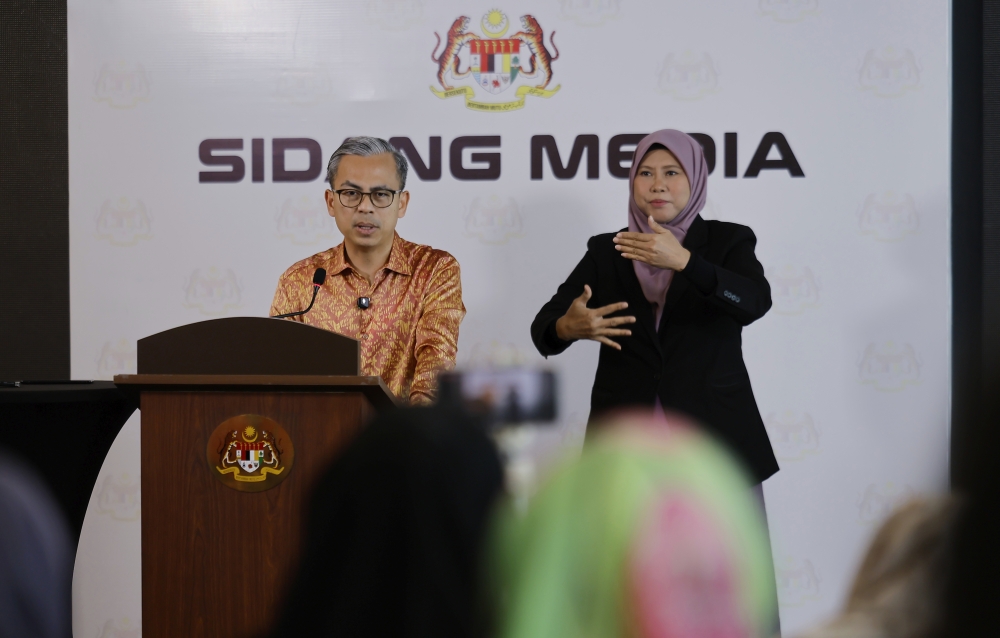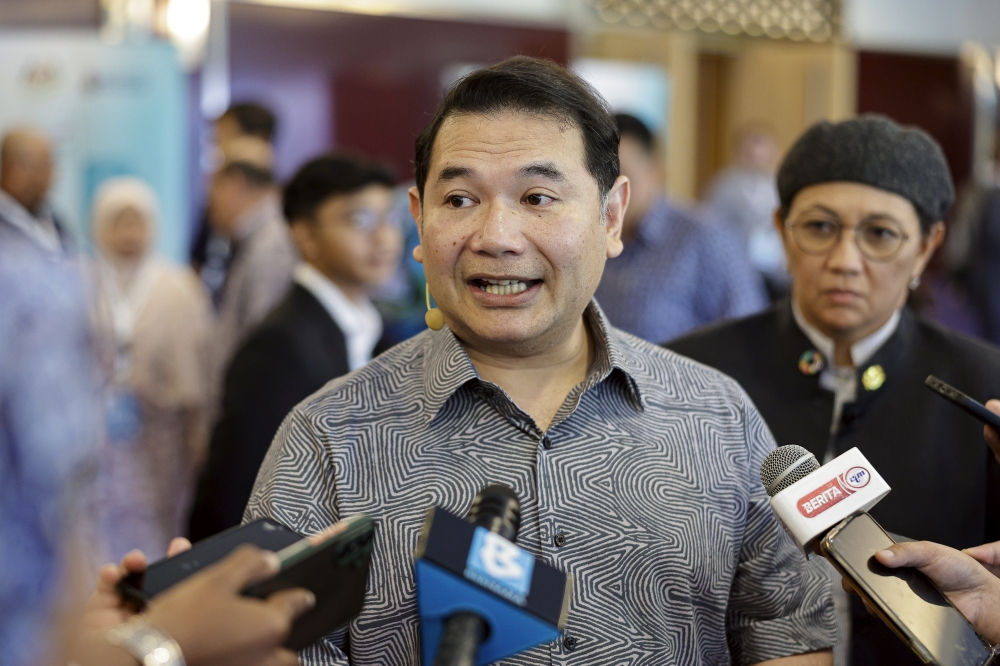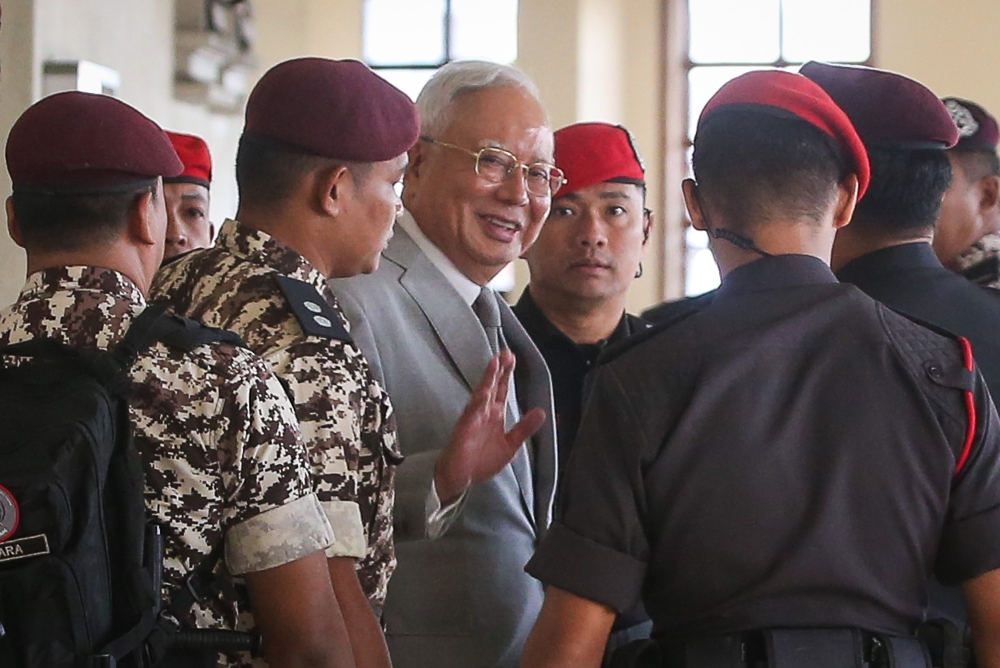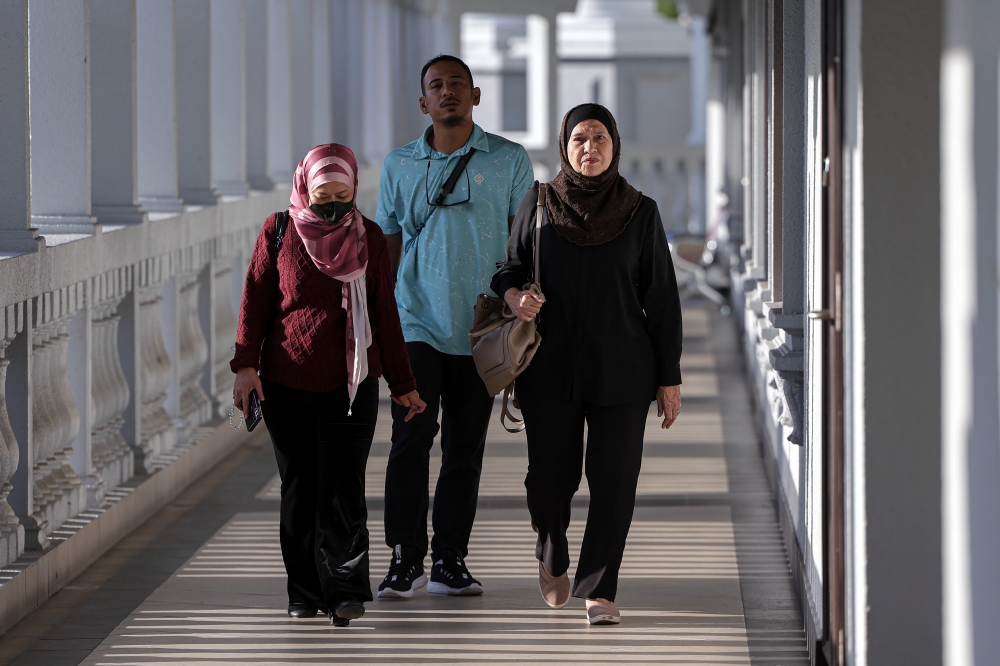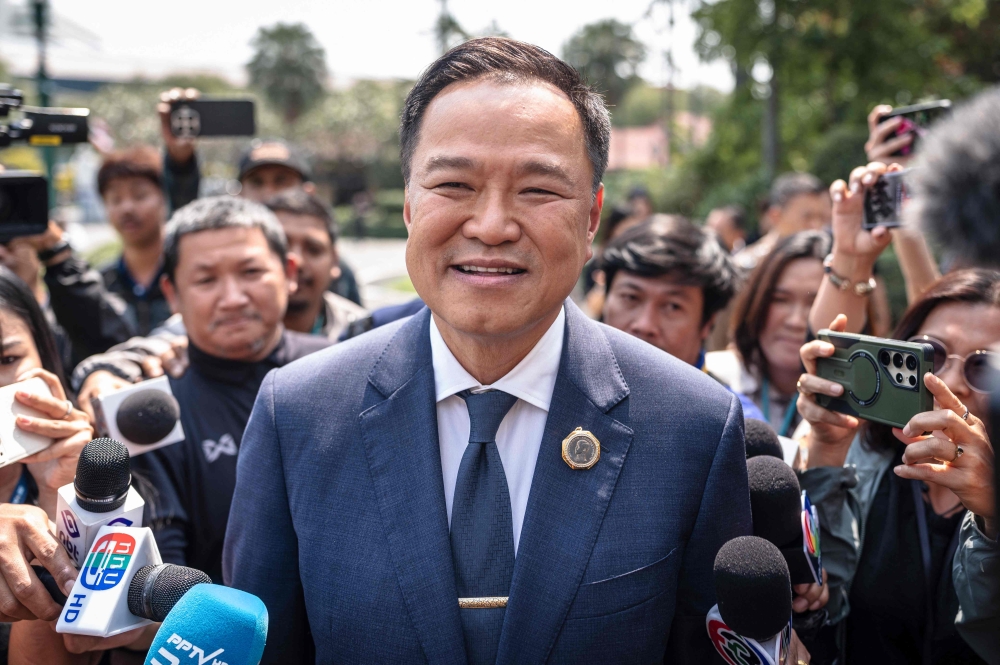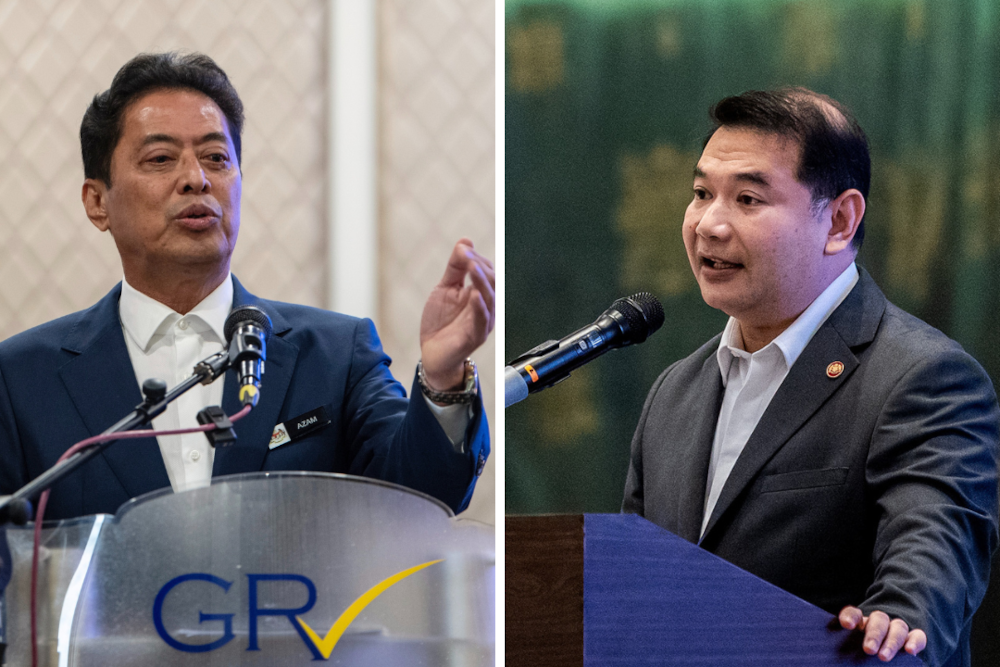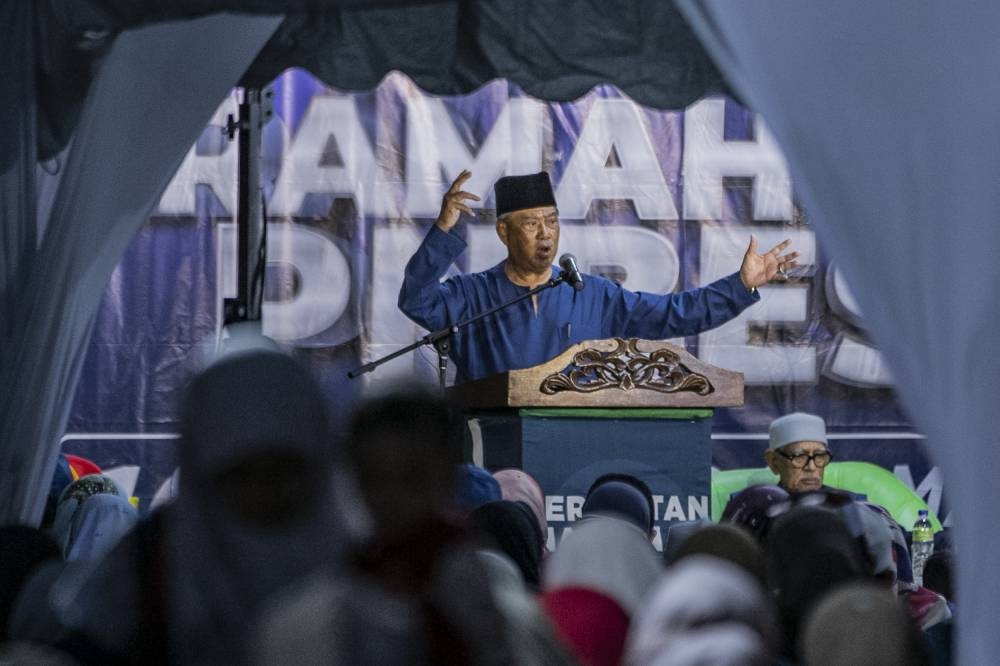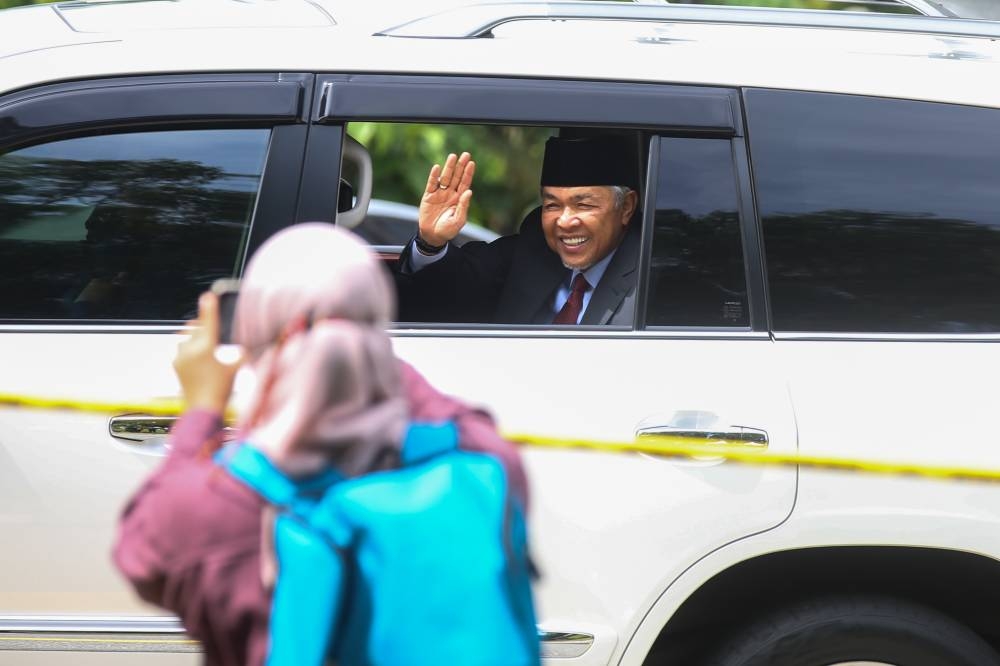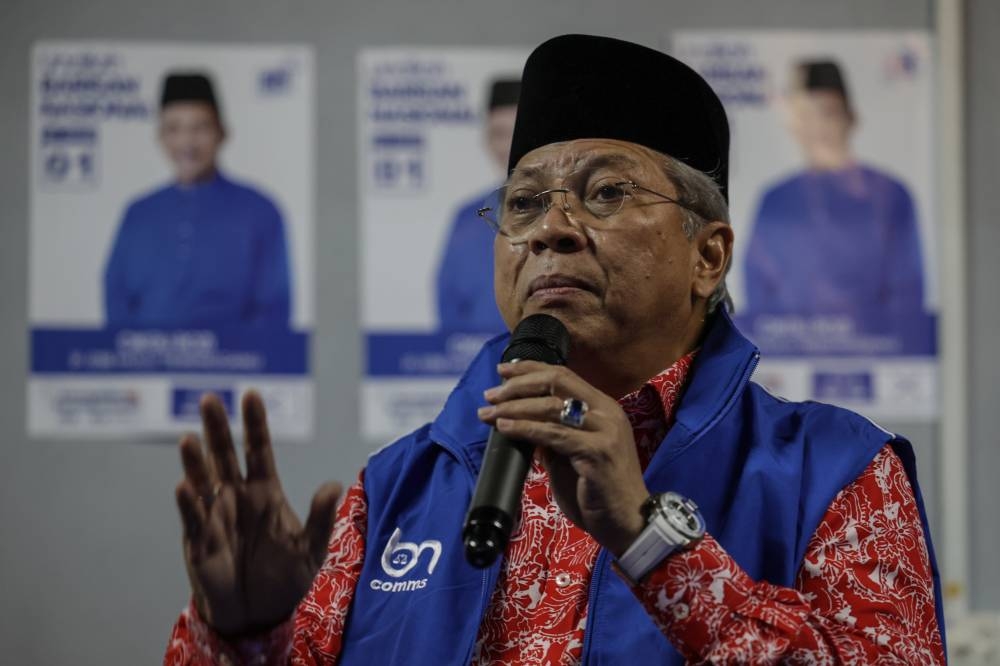KUALA LUMPUR, Nov 26 — Perikatan Nasional’s (PN) unexpectedly strong performance in the 15th general election (GE15) was due to its ability to galvanise conservative voters who rejected Barisan Nasional (BN), said analysts and political observers.
Shazwan Mustafa Kamal, an associate director for Vriens & Partners, a government affairs and political risk consultancy, said the anti-corruption messages against BN and the unpopularity of its leader Datuk Seri Ahmad Zahid Hamidi featured in both PN and Pakatan Harapan’s (PH) campaign.
“The result is shocking but not totally alien from the development before the election. Like the rest of the world, Malaysia had seen the conservatives on the rise.
“The voters did not want and like the corruption they saw in BN government and the anti-BN sentiments did not [just] translate to vote for PH, but split the vote for PN, too,” he told Malay Mail.
Shazwan credited PN’s performance to a coordinated campaign and the ability to disseminate information through social media, which resonated with Malays and young voters, especially in the north and east of the peninsula.
However, he did not think PN had meant for its main campaign to be racially charged, but said it became so as a by-product of the association with PAS and Malay politics in general.
“As we know, PAS has very strong machinery on the ground and PN has been able to translate that into attracting young voters,” he said.
According to University of Malaya Centre for Democracy and Elections (UMcedel) sociopolitical analyst Awang Azman Awang Pawi, PN focused its resources on social media and digital marketing as it knew these would sway young voters, especially on the TikTok short video platform.
He credited PN’s use of celebrities and Islamic preachers on TikTok to capture the religious segment of voters for some of its more notable victories in GE15, such as defeating PKR’s Nurul Izzah Anwar in her family’s stronghold of Permatang Pauh.
“There is also a popular TikTok segment of young pop culture that is also used as a source of social media campaigns.
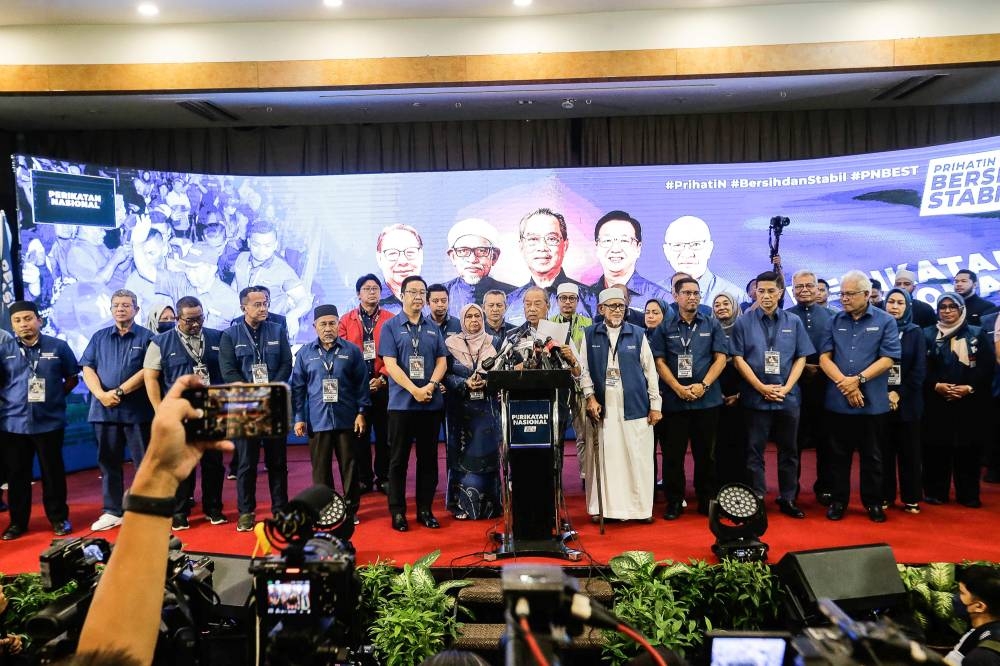
“This makes PN dominate the TikTok media, [while] PH can only dominate Twitter while Umno is still very much on Facebook. While the transition of young people is now more to TikTok media,” he said.
Awang Azman added that ethnoreligious sentiments resonated with PN’s target audience, saying this was obvious in the north and east of the peninsula along with some spillover into Pahang and Perak.
PAS president Tan Sri Abdul Hadi Awang and PN chairman Tan Sri Muhyiddin Yassin’s claim that PH was colluding with Jews and Christians also significantly influenced conservative voters, he said.
“But playing with such sentiments will not last long because over time, the awareness will surely happen in the era of technology, and globalisation is accelerating in the villages,” he said.
As for Universiti Utara Malaysia’s (UUM) College of Law, Government and International Studies senior lecturer, Professor Mohamad Faisol Keling, he believed PN gained the most from Ahmad Zahid’s leadership of BN.
He said Ahmad Zahid’s handling of candidates, including dropping several senior leaders at the last minute, led to unhappiness with and in the BN coalition.
“In addition, the BN factor of the party of the elderly can clearly be seen, which is still shackled by the sentiments of the elderly compared to PN and PH.
“Most of the division heads are hated by the people while BN talks about rejuvenating BN,” he said.
Saying that the only way for BN to move forward is for Ahmad Zahid and the rest of the leadership to resign, Faisol argued that the swing in Malay votes towards PN was not a sign of increasing communal politics but rather a rejection of BN.
“People are looking for options to choose other than ‘Zahid’s party’. Therefore, Zahid and all the leadership need to step back and retire from politics to open up opportunities for party improvement,” he said.
In GE15, PN won 73 seats to become the second-strongest coalition in the country, while the once-dominant BN fell to just 30 seats, down from the 79 it managed to retain in 2018 when it was voted out of power for the first time in over six decades.



